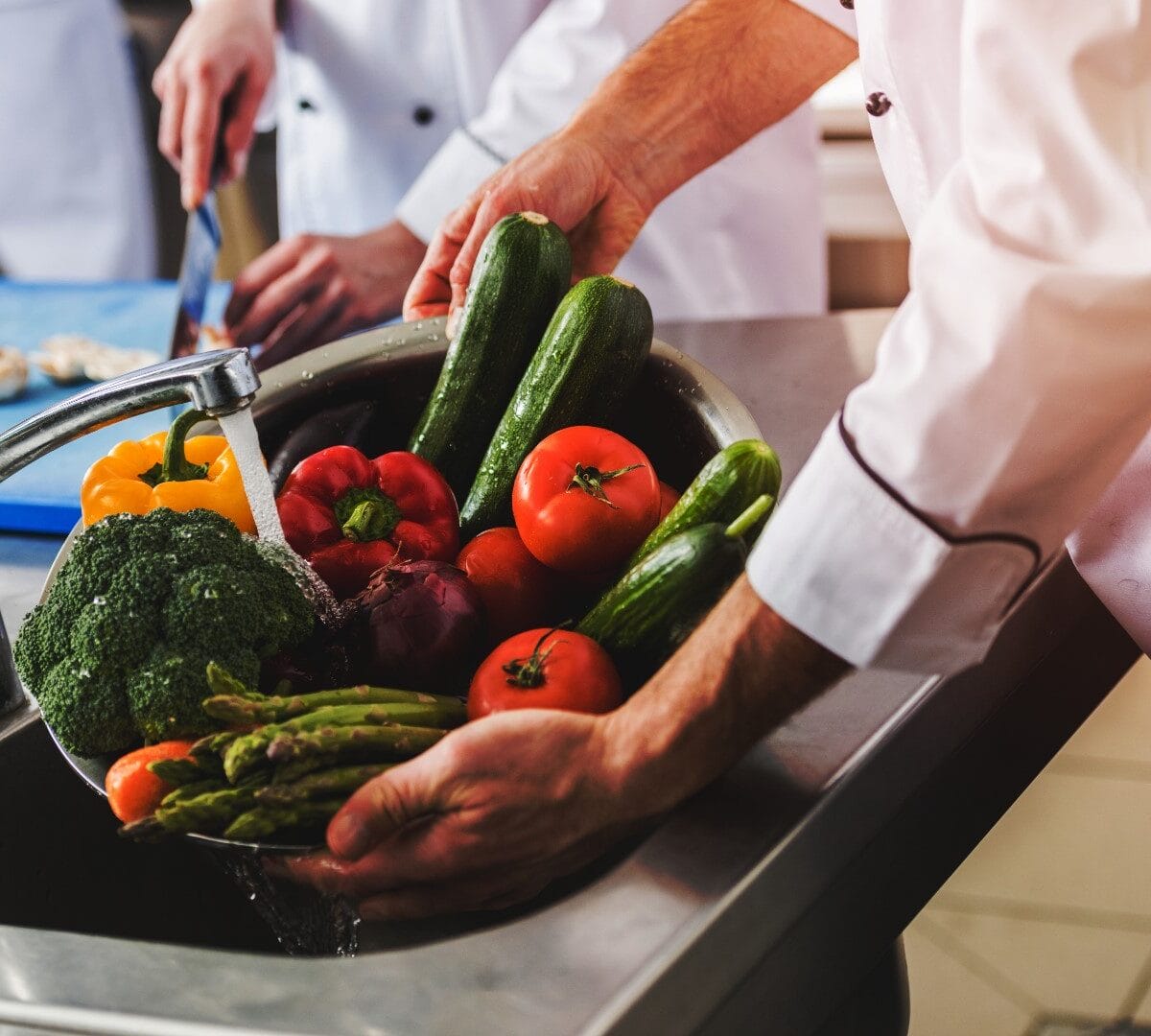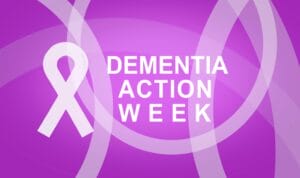29/07/2025
Ensuring food safety in care homes isn’t just best practice – it’s a necessity. Given the heightened vulnerability of residents due to age and health conditions, the risks associated with food contamination or allergens are significantly greater. That’s why, across all the care settings we operate in – from care and residential homes to senior living sites and hospices – robust safety measures are embedded into every stage of our food service.
Learn more about the most pressing food safety issues in care homes and our practical approaches to mitigating them.
Stopping contamination before it starts
Without strict food safety procedures, care homes can quickly become vulnerable to illness outbreaks. Improper storage temperatures or cross-contamination between raw and cooked items can lead to serious foodborne infections like Salmonella or E. coli: highly contagious diseases which are potentially life-threatening for elderly residents. To counter this, all our food safety systems are designed and agreed with our Primary Authority, Luton Council’s Environmental Health Department, under a legally binding agreement. All our catering staff are also trained in HACCP, and we reinforce the importance of food safety in all our care settings through regular audits and inspections by our HSE-trained team and ISOQAR.
Thoughtful meals for safer eating
Texture-modified meals are an essential yet often overlooked aspect of food safety in care homes. Many residents can experience swallowing difficulties due to age-related conditions or neurological disorders. To minimise the risk of choking and promote safe eating, we offer a range of pre-prepared meals that include soft fruits, puréed vegetables, finely minced meats, and tender vegetables, ensuring comfort, safety, and nutrition in every bite.
Allergy-safe dining
Allergy awareness is a cornerstone of food safety, particularly within care homes. Many residents may be on multiple medications, which can mask allergic symptoms or increase their severity. This is especially true in cases of food-related anaphylaxis, which have become more common in recent years. To address this, we hold Food Profile Meetings involving the resident, a family member, or a care team representative. These sessions allow individuals to communicate their dietary needs and preferences directly with our dietitian and on-site chef manager, ensuring meals are both safe and supportive of overall wellbeing.
Food safety in care homes matters more than ever

In care homes, food safety can mean the difference between wellness and risk. And no one understands the day-to-day impact of food safety quite like our Health & Safety Manager, Jeanette Branwhite:
“We work closely with our operational teams and clients to consistently identify the safest and most effective ways to produce delicious meals for residents. These can be complex environments, and we are here to advise and support home teams in meeting all legal requirements. Thanks to our proactive approach, we have maintained 5-star food hygiene ratings across our existing White Oaks’ business and, for the past five years, have exceeded Gold Medal status in the ROSPA Safety Awards, achieving Highly Commended in 2025.”
Our commitment to protocols, training, and attention to detail means that every resident receives meals prepared with precision and care. From maintaining audit-ready kitchens to adapting meal textures, we’re proud to lead the way in creating safer, healthier dining experiences for all.
Get in touch
If you’d like to learn more about how we can support your care setting, we’d love to hear from you.






